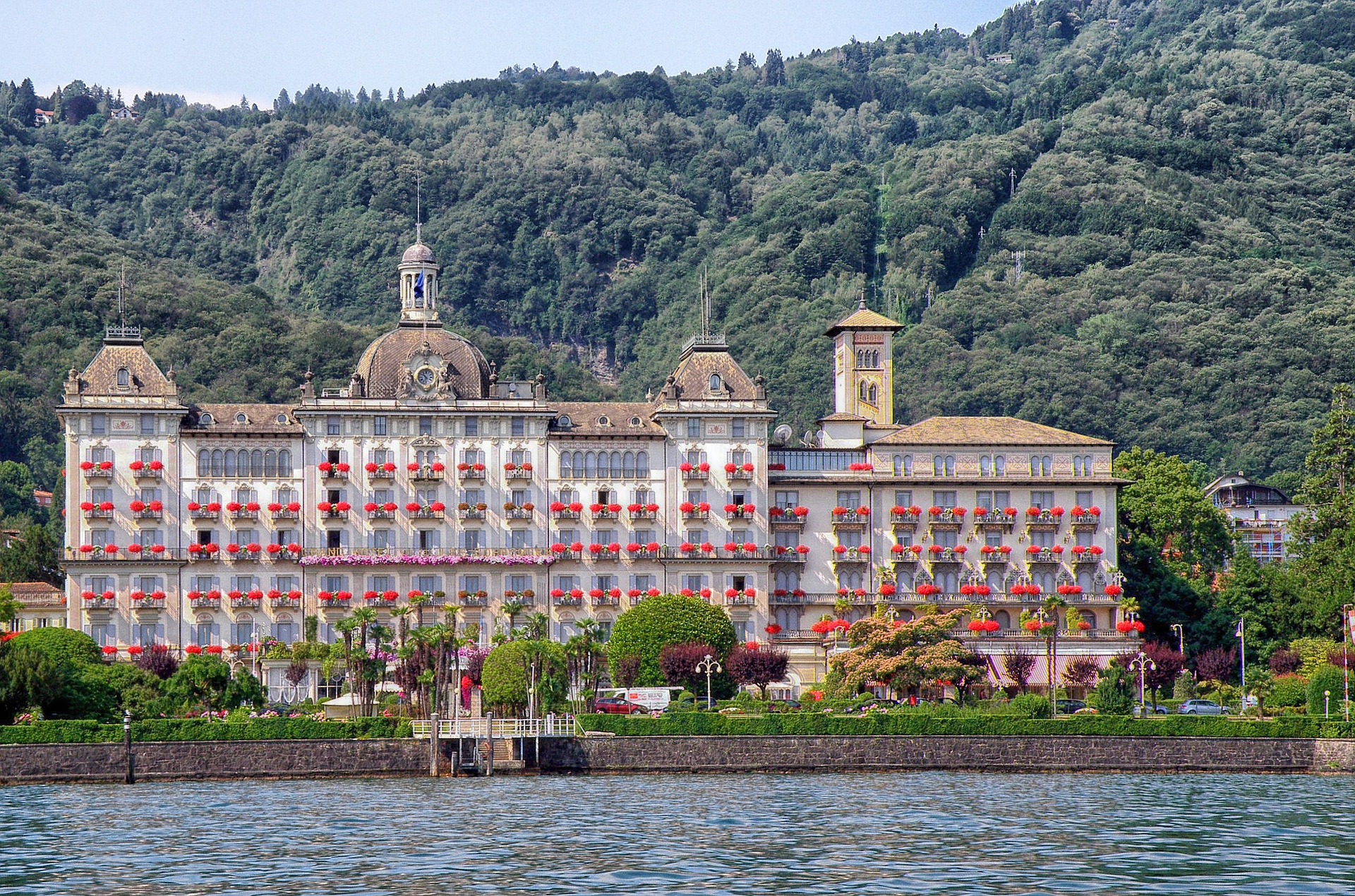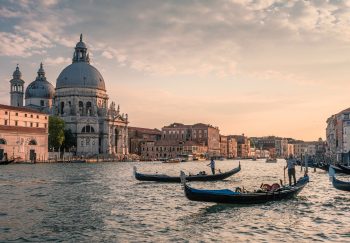There are many hotels to choose from, not to mention B&Bs and apartments. It can be more difficult to book a bed for the night in Italy than choosing which destination to visit.
We are here to help. We’ve learned the best qualities that make a hotel stay memorable through years of trial and error. It’s only a room. But it can be a great place to stay after a long day.
Here are 10 criteria you should consider.
1. Location, location and location
Do you remember the old saying of a realtor? It’s the exact same with hotels. It doesn’t just affect how easy it is to get around the city, but also how much you enjoy your destination.
Look for accommodations in historic areas of a city or those that are close to public transportation. You should be able walk to all the attractions from your hotel. You should not be more than a taxi ride (under 12 euros) from a large city. This makes sightseeing much easier. This makes it more likely that you will be able to see the streets and hear the church bells ringing, as well as pass by bustling fruit and flower markets. I really am in Rome/Florence/Venice/Italy!”
Consider staying in an agriturismo, or “farm stay” when you are on the country. These wonderful options allow you to experience the area like a local, which is what we do at Walks of Italy. We’ll be writing more about agriturismi later. You want to be able to walk around the beautiful area of an agriturismo. You should also be able to get to a bus station, train station or rental car facility easily. The owner may offer a lift, or arrange for a driver at a low cost (less than 25 euros). It’s not a problem if you already have a rental car.
2. Hotels, B&Bs, and apartments – Oh my!
What makes a hotel a “hotel?” A B&B, or apartment? These are our preferred options for most destinations. They offer the best value on Italy’s expensive accommodation market.
B&Bs aren’t as cheap as they once were. They don’t last long. They offer travelers a greater chance to be taken care of and appreciated. It’s much more common to be able to meet the owner or staff, who are often close family members, and to feel like they care about you.
However, apartments may be the best value in Italy at the moment. An apartment is generally 40% cheaper than a comparable hotel with the same space and in the same area. Apartments are more common in larger cities and require a minimum 3-night stay. They are the best option for longer stays, such as a week or more. You can save so much money by not having to change your sheets daily. We’re guessing not. However, most apartments offer additional cleaning services and daily cleaning for a reasonable fee.
Fun agriturismi are our favourite accommodation option for rural destinations. You get a room in a (usually large) building with breakfast and a home-cooked meal. The cost ranges from 30 to 50 euro per night. These B&Bs are owned by families who place their farm as their top priority. If they can convince guests to stay there, it’s just a matter of time. The owners are often as friendly as the B&B owners. There’s nothing quite like waking up in Tuscany to hear the crowing of roosters and then getting eggs for breakfast that were laid just that morning.
Narni, Italy
3. A room with a view
These are likely to be the top two criteria. We’re now getting into the details. But, believe us when you say that nothing makes you happier than waking up to a spectacular view. Etna, or Florence’s Duomo.
We will take any opportunity to see a historic building or lively piazza from the window. Even if it means we have to put up with some noise. You might not agree if you have trouble falling asleep. Bring earplugs. We love the wax Calmor ones. They are available at most Italian pharmacies for around 5 euros.
You may prefer a hotel in a scenic area but aren’t as concerned about the view from your room. Fortunately, most B&Bs and hotels offer rooms without views that are often cheaper and more peaceful than those with view. Even if you don’t have a view from your room, most lodgings offer access to a terrace and/or sitting area. Ask if you can find a room in the courtyard that offers a view if your room doesn’t have one. If there is, you might be able to get a room with chairs where you can read a book.
4. It’s all about people
You will feel more at home and comfortable if the staff and owners are genuine and helpful and greet you each morning with genuine smiles. This feeling of belonging is important, especially when you are in a foreign place. This is a great way to interact with locals and get tips about current events or places you should eat.
5. Is bigger always better?
We all would love a luxurious suite when we could.
A small, well-designed, elegantly decorated room can work just as well. We don’t think you have to store your entire wardrobe or 20 pairs of shoes in one room.
Americans should leave their preconceptions about the size of a hotel room at home, especially if they are Americans. We are confident that a large room in Italy, or Europe, would be small to medium in size. It all depends on the location. Particularly in Rome and Venice, the rooms are smaller than those found in Florence. You want to make sure your rooms are clean and comfortable.
6. Morning chow
Breakfast is another way to shift your thinking. American hotels are known for their large, continental breakfast buffets. But not here. It’s not common for many Italians to eat breakfast. They only have a cornetto or a cup of coffee. To learn how to do it the local way, grab something light from outside your hotel.
If you are like most people, and can’t walk for four hours without eating something substantial, then you should look for a large breakfast. Ask what food will be served. Even if you only have a few cold cuts and packaged yogurt, it is still a substantial breakfast according to Italian hotel standards. You’ve found something hot like eggs, then you’re in the right place. Include breakfast in your bed? You’ve won! (And tell us where you are staying!)
7. Concierge services
Although it is nice to feel that someone is available at your service, it is not necessary in Italy. If you just need to know how to get a taxi or where to find the train schedule, any front desk staff member, not just a concierge can help. It comes at a high price. It is more appealing in Asia, Africa, and Eastern Europe where concierge service tends be a better value.
A common sight in Italian towns — so if these kinds of stairs are a no-go for you, make sure your hotel is handicapped-accessible in advance.
https://stratum-advisors.com/en/
8. Accessible from anywhere
It all depends on your individual needs. For some, though, having an elevator, a wheelchair-accessible lobby, or a handicapped-equipped shower is non-negotiable. It is important to remember that these amenities are not a standard feature in Italian hotels, especially historic B&B’s or apartments. These modern updates are often forbidden for historic preservation reasons. Always verify. And if you’d like help, we do have our own wheelchair-accessible recommendations on hand by request. Ask!
9. Are there many rooms, or just a few?
We like small spaces with friendly staff and homey atmospheres. This is why we recommend rooms with limited space. If you choose to book one of our recommendations, make sure you do so as soon as possible. We will also note the best rooms in hotels, as they can vary in terms of size, style, and quality. These rooms are more popular in advance, so be sure to book early.
10. The big picture: Total value!
You want to leave your hotel feeling satisfied with the price and that you would stay there again. You know that you have found the right place if you feel like you will return to the same area again and stay at the same lodging.
We’d love to hear from you about any of our recommendations. Please contact us at https://stratum-advisors.com/en/ Happy traveling!












